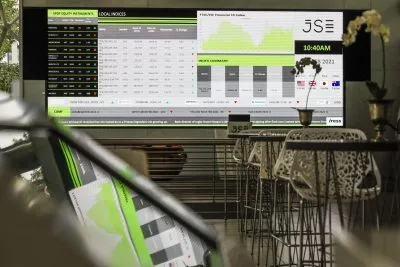European Union aid to Kenya must be better targeted to support economic development and commitment to reforms, according to the bloc’s auditors.
The EU granted €435 million to Kenya through the European Development Fund (EDF) between 2014 and 2020 – around 0.6 % of Kenya’s tax revenue – but the cash has not been successfully channeled to the areas where it would have most impact, including manufacturing, energy and agro-processing, according to a new report from the European Court of Auditors.
The aid was spread thinly across too many areas – including agriculture, drought emergencies, energy and transport infrastructure, elections, public financial management and the justice system – leading to an inability to achieve necessary results in individual sectors. The European Commission and the European External Action Service (EEAS) – the EU’s diplomatic service and combined foreign and defence ministry – failed to carry out specific assessments of Kenya’s development obstacles and objectives, and did not explain how and why the supported sectors would assist most in reducing poverty, say the auditors.
They suggest that EU aid should instead back projects in Kenya that are more likely to directly spur economic development, attract FDI and create jobs. While food security and climate resilience received the bulk of the funding at €228.5 million, the funds did not boost farming commercialisation or the expansion of agro-processing. The auditors argued that the Commission and the EEAS had overlooked the manufacturing sector, which they argued has “great potential to create jobs” despite accounting for just 10% of current Kenyan GDP. €175m of funding provided for energy and transport infrastructure was “too limited” to make an impact despite ambitious goals agreed with the government.
“We did not see sufficient evidence that aid under the 11th EDF is channelled to where it can do most to reduce poverty,” said Juhan Parts, the ECA Member responsible for the report. “Job creation is the most effective and sustainable way to reduce poverty, so EU funds should primarily be focused on economic development.”
The auditors found that the process of allocating EDF aid does not allow it to be linked to a country’s performance, its governance, or its commitment to structural reforms or fighting corruption. Around 90 % of Kenya’s 2014-2020 funding from the EDF used a standard formula for the African, Caribbean and Pacific countries, which did not address Kenya’s specific development obstacles. Direct support for Kenya’s fight against corruption was found to be limited despite the pervasive nature of the problem.
The EU should examine its method for allocating funding between ACP countries and make delivery conditional upon the recipient country’s performance and commitment to reforms as well as targeting projects that strengthen economic development and the rule of law, the auditors concluded.
The EDF is made up of contributions from EU member states outside the EU budget. Under the 11th EDF, 75 African, Caribbean and Pacific countries received a total of €15 billion, with larger population countries like Kenya receiving proportionately less.
David Thomas
Want to continue reading? Subscribe today.
You've read all your free articles for this month! Subscribe now to enjoy full access to our content.
Digital Monthly
£8.00 / month
Receive full unlimited access to our articles, opinions, podcasts and more.
Digital Yearly
£70.00 / year
Our best value offer - save £26 and gain access to all of our digital content for an entire year!

 Sign in with Google
Sign in with Google 





